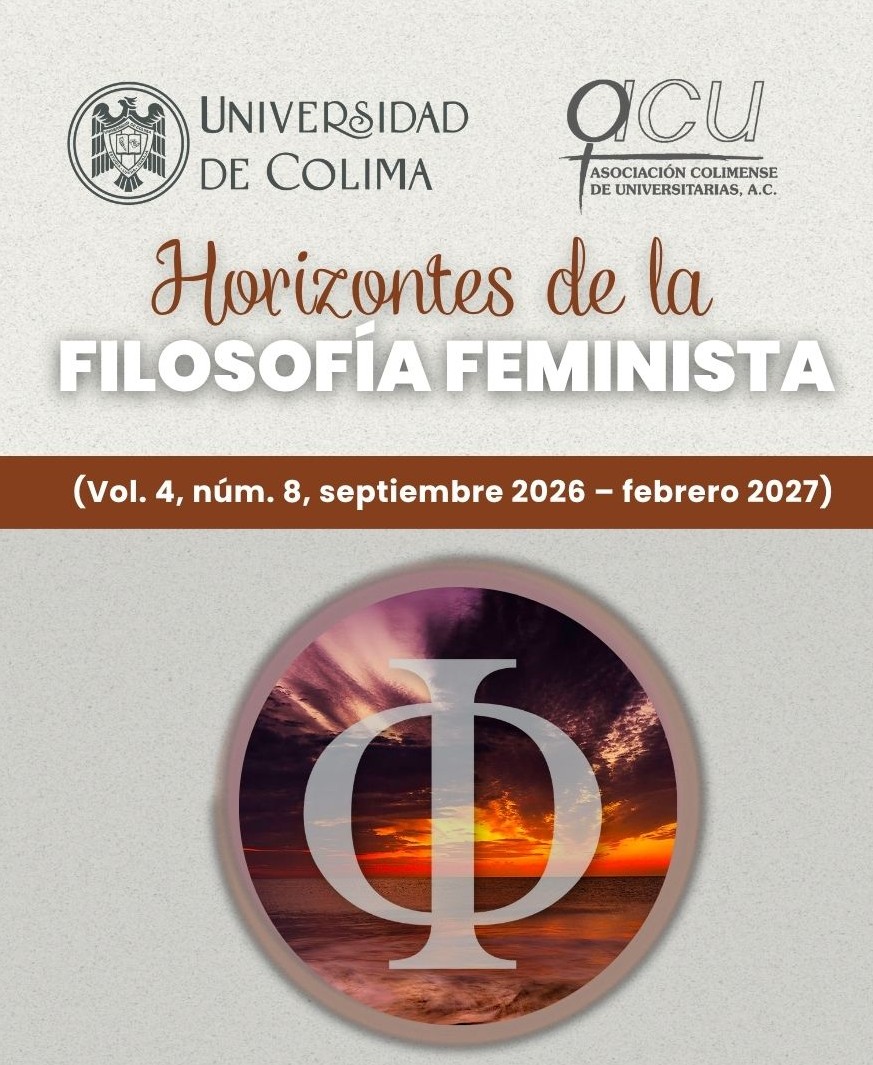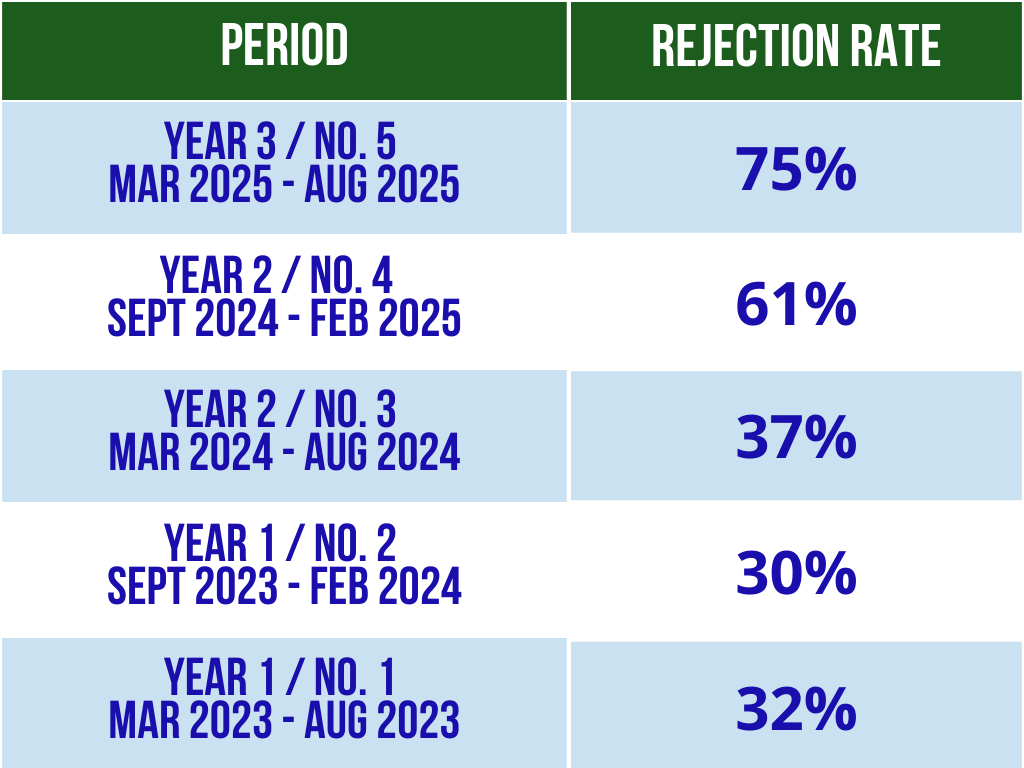Archives - Page 2
-
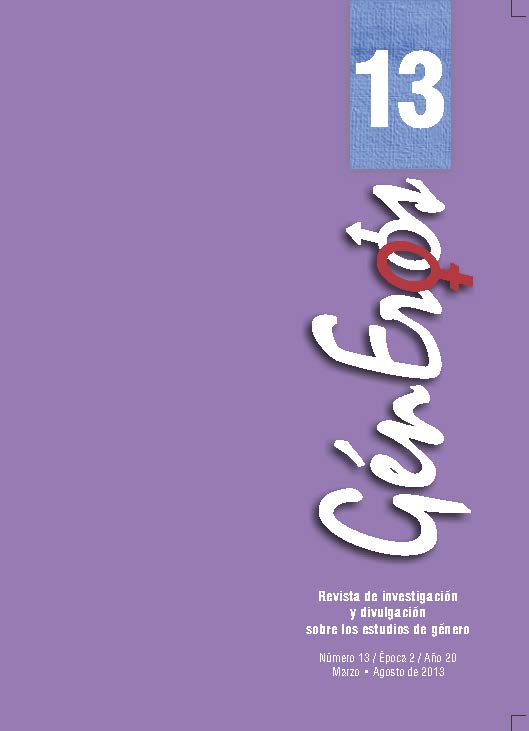
GénEroos - Print
Vol. 20 No. 13 (2013)PRINT
In this 13th issue of the journal GénEroos I have the privilege of presenting it and sharing with you very significant processes for our publication. One of them is the completion of 20 uninterrupted years of life composed of two periods, each of which reflects two ways of understanding, disseminating and disseminating gender studies and women's studies.
-
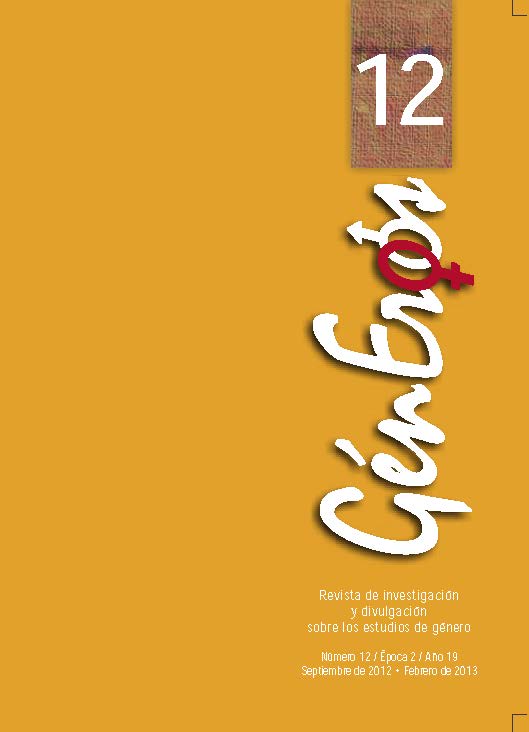
GénEroos - Print
Vol. 20 No. 12 (2012)PRINT
The journal GénEroos celebrates its twentieth anniversary in 2013 and, in this sense, it is an honor to have coordinated this monothematic issue “The (dis)connections between feminist theory and gender theory”. After two decades of feminist production, it is extremely valuable that the contributions in this issue contemplate the relationship between feminist theory and gender theory from various disciplines and perspectives. In doing so, they lead us to reflect on the evolution of modern, postmodern, postcolonial and globalized (or “transmodern”) feminist epistemologies, as well as the subsequent challenges to feminist research and policy-making that new theoretical perspectives provoke.
-
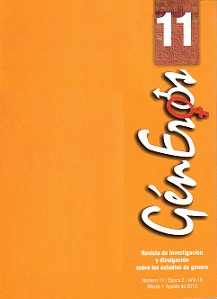
GénEroos - Print
Vol. 19 No. 11 (2012)PRINT
For the first time, GénEroos makes an incursion into a monothematic issue that reflects a concern that is currently being discussed within educational institutions: the mainstreaming of the gender approach in academia. This concern is framed within a commitment made by higher education institutions in August 2009, when the National Meeting of Public Universities was held, called “Pathways for gender equity in higher education institutions”.
-

GénEroos - Print
Vol. 18 No. 10 (2011)PRINT
With the contributions in this issue, GénEroos disseminates recent research and reflections on social phenomena from a gender perspective in Mexico and other parts of the world. Its content shows progress in the gender agenda, although it also shows that there are several social practices that harm human dignity and make it urgent to act decisively.
-
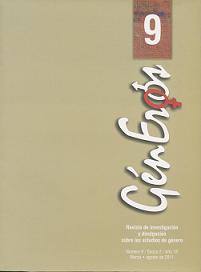
GénEroos - Print
Vol. 18 No. 9 (2011)PRINT
This issue highlights the theme of identities as a category of analysis that is becoming more topical and preeminent in the field of gender studies, with an increasing presence of male identities: as fathers, husbands, sons, and so on. On the other hand, the discussion of feminine identity from different geographical and social spheres is continued in other texts. The content is completed with topics of broad interest such as work, politics and theoretical and methodological approaches useful to advance in the understanding of gender in its complexity.
-
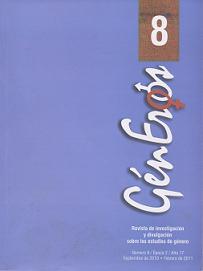
GénEroos - Print
Vol. 17 No. 8 (2010)PRINT
Within the framework of the Bicentennial of the Beginning of the Independence and the Centennial of the Beginning of the Mexican Revolution, a series of events have been promoted that not only recall these historical events, but also place at the center of the debates long-standing issues and concerns for Mexican society. In these reflections, the history of women and the feminist movements propose to analyze the issues of political, social and cultural rights of the female community.
-

GénEroos - Print
Vol. 17 No. 7 (2010)PRINT
Researching, writing, weaving with words a network of infinite social scope can be part of the actions that, at a given moment, contribute to tear down the walls of indifference in the face of inequity and exploitation of women. For this reason, GénEros is committed to this task and, with the new issue it offers to society, offers the reflective, theoretical, vital and artistic work of notable collaborators from different fields and institutions.
-
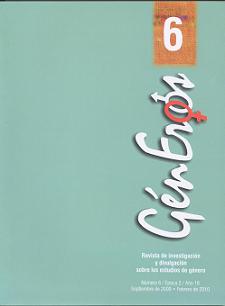
GénEroos - Print
Vol. 16 No. 6 (2009)PRINT
The value of this issue, GénEros 6, lies precisely in the reflexive nature of its texts regarding gender studies in Mexico: the perception of the concept of gender in academia and in political activism, as well as the challenges that these conceptual boundaries face for the academic world and for activist practice.
-
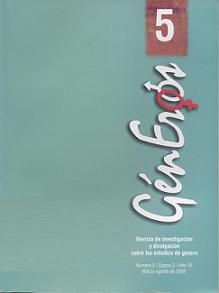
GénEroos - Print
Vol. 16 No. 5 (2009)PRINT
In issue number five, we offer our readers a series of writings that have in common the fact that they reflect on the condition of women and men in different areas of the human sphere, as well as their participation through writing and some artistic expressions. The authors come from different geographical contexts and analyze disparate realities: Argentina, Cyprus, Spain, Cuba and Mexico, with contributions from states such as Aguascalientes, Baja California Sur, Guerrero, Nayarit, Mexico City and Colima.
-
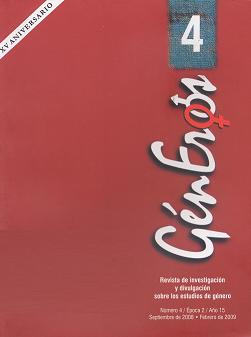
GénEroos - Print
Vol. 15 No. 4 (2009)PRINT
Celebrating fifteen years of editorial work is a good reason to reflect on the trajectory followed not only by GénEroos, but also by the work of the Asociación Colimense de Universitarias, which in May 1993 imagined the possibility of a journal specialized in the dissemination of gender studies and concentrated its efforts in the realization of the aspects involved in its publication: design, creation of an academic network of international scope that publishes in the journal and reads us; the integration of a body of reviewers of texts that guarantees objectivity and management before the University of Colima, an institution that has been a partner of the project since its origin, through the Gender Studies Program of the University Center for Social Research and the General Directorate of Publications.
-

GénEroos - Print
Vol. 15 No. 3 (2008)PRINT
First published in 1993, GénEros appeared as a publication for joint reflection, with an open and constructive spirit. Throughout the years, it has counted on the generous participation of notable national and foreign academics, as well as artists of words and images who, as well as scientists, have projected their vision of the world and gender.
-
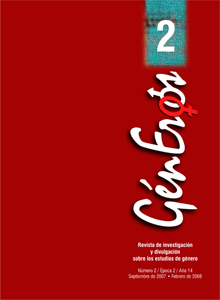
GénEroos - Print
Vol. 14 No. 2 (2008)PRINT
With this second issue of GénEros, we maintain the purpose of disseminating research and dissemination of gender studies in order to contribute to improving the social conditions of women and men. We also insist on the need to continue to pave the way to establish a culture of equity.
-
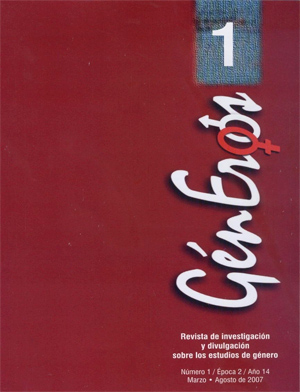
GénEroos - Print
Vol. 14 No. 1 (2007)PRINT
The development of civilization shows us that the only constant is change, and that in order to transcend it is often necessary to modify structures of thought, to look from another perspective at that which resulted in the past, but has been overtaken by current circumstances, configured in turn by the new (other) conditions of production, demarcated in their orientation and trajectory by specific human, material and institutional resources.

